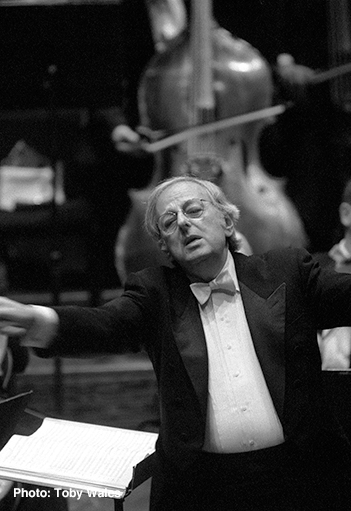
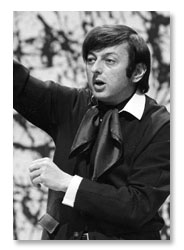
André Previn’s father, Jacob Prewin, was not only a successful lawyer but also a highly gifted amateur musician who from his son’s early years played piano duets with the boy. He took André when he was five to hear the Berlin Philharmonic Orchestra under Furtwängler, and the following year his son entered the Berlin High School for Music, where he studied piano with Rudolf Breithaupt and quickly became a fluent pianist as well as an accomplished musician. With its Russian-Jewish background, the Prewin family was under threat in Nazi Germany and in 1938 it fled to Paris, where André studied briefly at the Paris Conservatoire with Marcel Dupré. A year later the family was on the move once again, this time to America. It settled in Los Angeles...
| Title | |
| BLUE NOTE - A Story of Modern Jazz | |
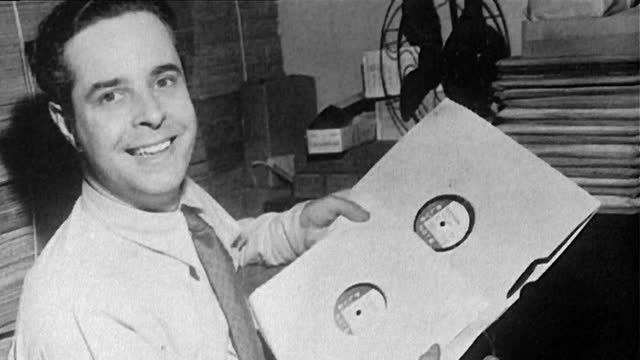
|
BLUE NOTE - A Story of Modern Jazz
Artists:
Belden, Bob -- Blakey, Art -- Carter, Ron -- Coltrane, John -- Cranshaw, Bob -- Gordon, Dexter -- Hancock, Herbie -- Hubbard, Freddie -- Johnson, David Michael -- Johnson, J. J. -- Melle, Gil -- Monk, Thelonious -- Paudras, Francis -- Powell, Bud -- Previn, Andre -- Roach, Max -- Rollins, Sonny -- Santana, Carlos -- Silver, Horace -- Smith, Jimmy -- Taj Mahal -- Tavernier, Bertrand -- Wilson, Cassandra
Label/Producer: EuroArts |
| CHOPIN, F.: Piano Concerto No. 2 in F minor, Op. 21 (Rubinstein, Previn) | |
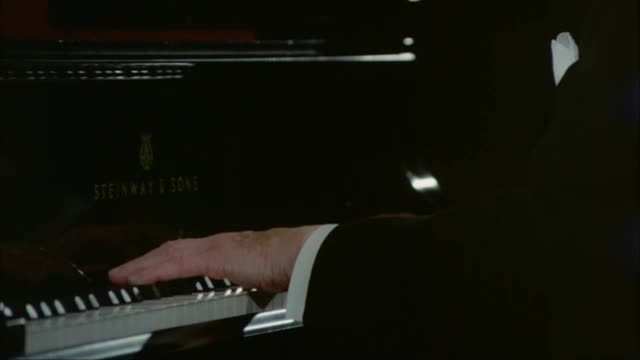
|
CHOPIN, F.: Piano Concerto No. 2 in F minor, Op. 21 (Rubinstein, Previn)
Composer:
Chopin, Fryderyk
Artists:
London Symphony Orchestra -- Previn, Andre -- Rubinstein, Artur
Label/Producer: UNITEL |
| CLASSIC ARCHIVE: Martha Argerich Celebration (A) | |
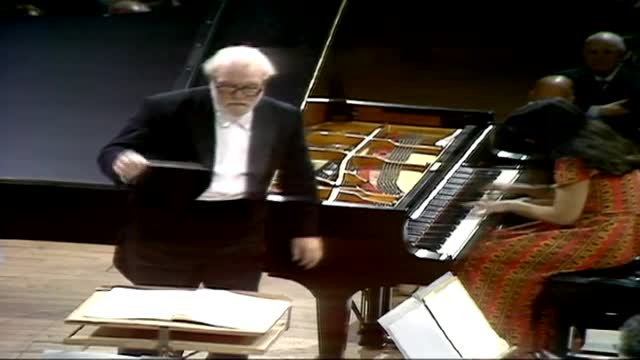
|
CLASSIC ARCHIVE: Martha Argerich Celebration (A)
Composers:
Prokofiev, Sergey -- Tchaikovsky, Pyotr Il'yich
Artists:
Argerich, Martha -- Groves, Charles -- London Symphony Orchestra -- Previn, Andre -- Royal Liverpool Philharmonic Orchestra
Label/Producer: Ideale Audience |
| GRIEG, E.: Piano Concerto in A minor, Op. 16 (Rubinstein, Previn) | |
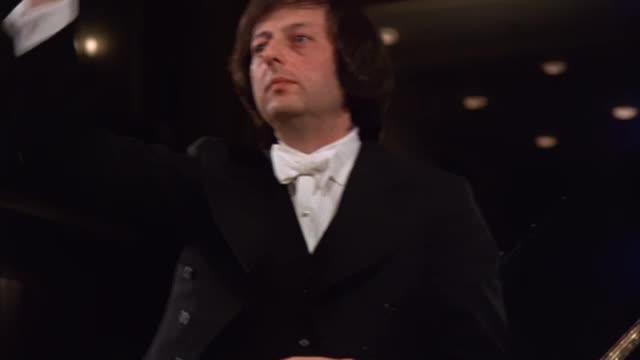
|
GRIEG, E.: Piano Concerto in A minor, Op. 16 (Rubinstein, Previn)
Composer:
Grieg, Edvard
Artists:
London Symphony Orchestra -- Previn, Andre -- Rubinstein, Artur
Label/Producer: UNITEL |
| MENDELSSOHN, F.: Violin Concerto in E minor / Piano Trio No. 1 / Violin Sonata in F Major (Mutter) | |
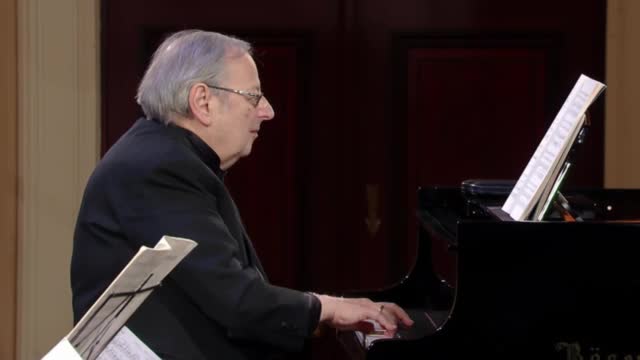
|
MENDELSSOHN, F.: Violin Concerto in E minor / Piano Trio No. 1 / Violin Sonata in F Major (Mutter)
Composer:
Mendelssohn, Felix
Artists:
Harrell, Lynn -- Leipzig Gewandhaus Orchestra -- Masur, Kurt -- Mutter, Anne-Sophie -- Previn, Andre
Label/Producer: UNITEL |
| MOZART, W.A.: Piano Trios Nos. 3-5 (Mutter, Previn, Muller-Schott) | |
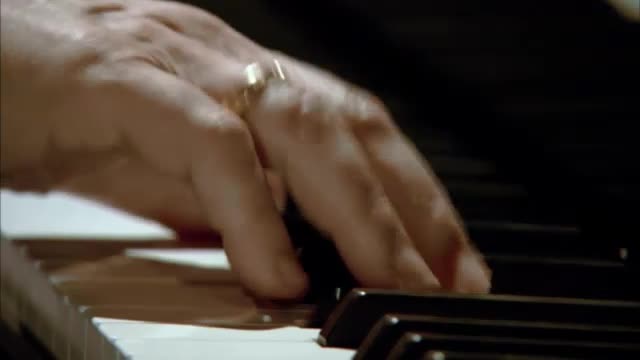
|
MOZART, W.A.: Piano Trios Nos. 3-5 (Mutter, Previn, Muller-Schott)
Composer:
Mozart, Wolfgang Amadeus
Artists:
Muller-Schott, Daniel -- Mutter, Anne-Sophie -- Previn, Andre
Label/Producer: UNITEL |
| MUTTER, Anne-Sophie: Encounters with Mendelssohn | |

|
MUTTER, Anne-Sophie: Encounters with Mendelssohn
Artists:
Harrell, Lynn -- Masur, Kurt -- Mutter, Anne-Sophie -- Previn, Andre
Label/Producer: UNITEL |
| PREVIN, Andre: Kindness of Strangers (The) (Classical Documentary, 1998) | |
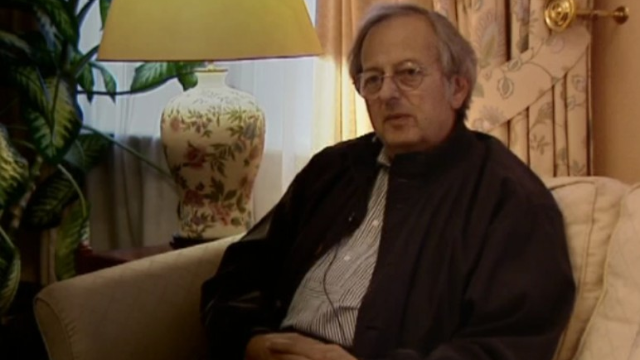
|
PREVIN, Andre: Kindness of Strangers (The) (Classical Documentary, 1998)
Artist:
Previn, Andre
Label/Producer: Monarda Music |
| RACHMANINOV, S.: Bells (The) / PROKOFIEV, S.: Lieutenant Kije Suite (Previn) | |
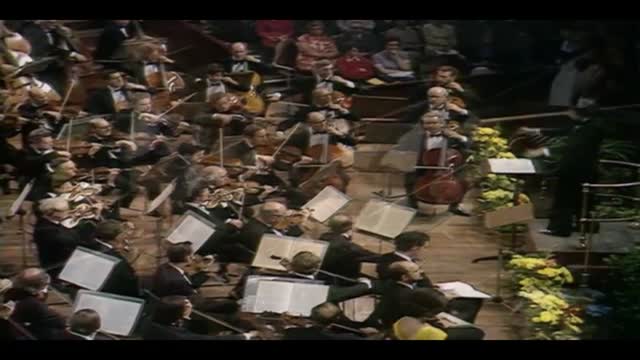
|
RACHMANINOV, S.: Bells (The) / PROKOFIEV, S.: Lieutenant Kije Suite (Previn)
Composers:
Bernstein, Leonard -- Prokofiev, Sergey
Artists:
Armstrong, Sheila -- London Symphony Chorus -- London Symphony Orchestra -- Previn, Andre -- Shirley-Quirk, John -- Tear, Robert
Label/Producer: ICA Classics |
